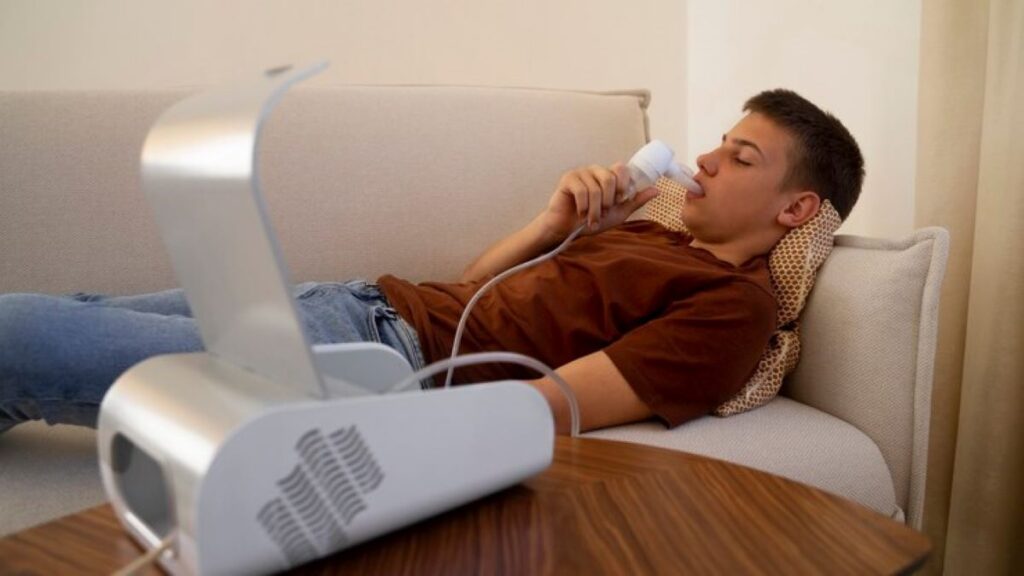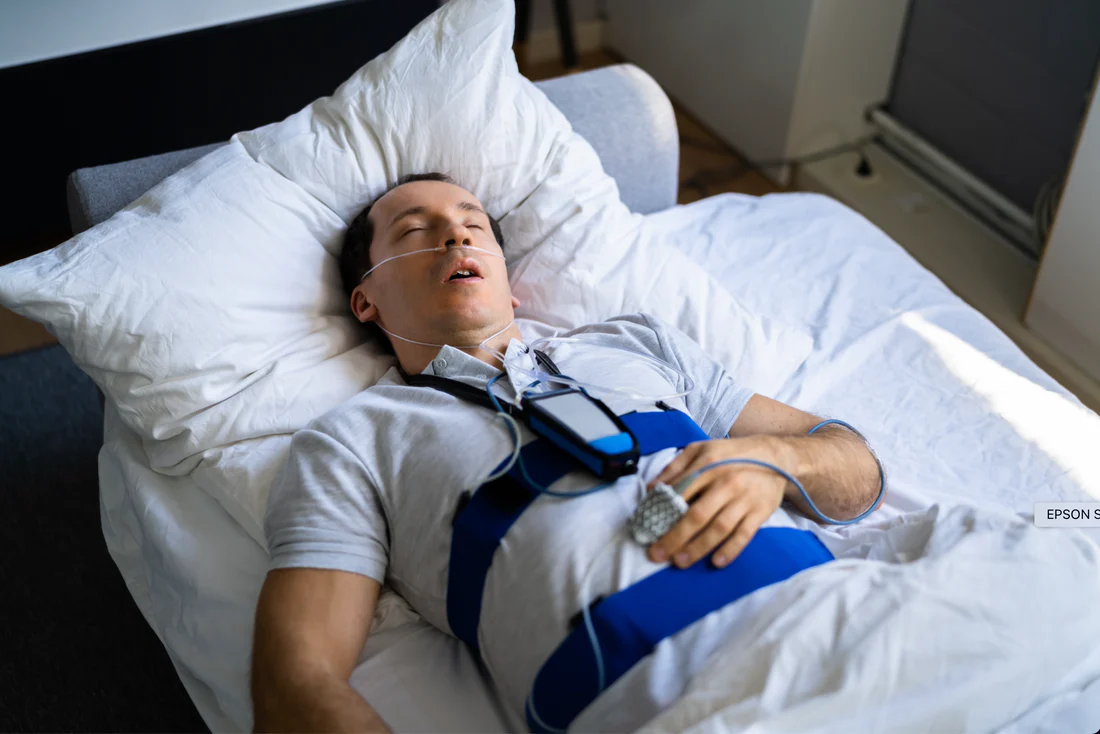Sleep apnea is a serious sleep disorder that can leave you tired after sleeping, even if you think you’ve had a full night’s rest. While CPAP therapy and other medical treatments are the standard, many people are curious whether natural remedies can actually help. In this article, we’ll explore natural strategies, what the research says, and how they can fit into a comprehensive approach to sleep health.
Understanding Sleep Apnea
Sleep apnea causes repeated interruptions in breathing during sleep. These pauses, or apneas, reduce oxygen levels and disturb your natural sleep cycles. Over time, untreated sleep apnea can lead to high blood pressure, heart problems, weight gain, and chronic fatigue.
The main types include:
- Obstructive Sleep Apnea (OSA): Caused by a blockage in the airway.
- Central Sleep Apnea (CSA): Results from the brain failing to send proper breathing signals.
- Complex Sleep Apnea: A combination of obstructive and central forms.
Even if you’re tired despite sleeping eight hours a night, these hidden interruptions could be the culprit.
See more: Philips EverFlo Oxygen Concentrator Australia: Where to Buy and Warranty Info
Common Natural Remedies and Their Effectiveness
1. Weight Loss and Exercise
Excess weight, especially around the neck, increases the likelihood of airway obstruction. Losing even a small amount of weight can:
- Reduce the severity of obstructive sleep apnea
- Improve airflow during sleep
- Enhance energy levels and reduce daytime fatigue
Regular exercise also strengthens respiratory muscles and promotes overall cardiovascular health, which supports better sleep.
2. Positional Therapy
Some people experience sleep apnea primarily when sleeping on their back. Positional therapy involves training your body to sleep on its side, which can:
- Reduce airway collapse
- Improve oxygen flow
- Decrease snoring and apnea events
Special pillows, wearable devices, or simply sewing a tennis ball into the back of your sleep shirt can help maintain side-sleeping positions.
3. Nasal and Oral Devices
Saline sprays, nasal dilators, or mandibular advancement devices (MADs) can help open airways. While not a replacement for CPAP, these tools may:
- Reduce mild obstructive apnea symptoms
- Improve airflow and comfort
- Complement other treatments
4. Avoiding Alcohol and Sedatives
Alcohol and sedatives relax throat muscles, increasing the likelihood of airway collapse. Reducing consumption can:
- Decrease apneas at night
- Improve sleep quality
- Reduce daytime tiredness
5. Herbal Supplements and Essential Oils
Some natural approaches, like peppermint or eucalyptus essential oils, claim to reduce nasal congestion. While they may help open nasal passages slightly, research on herbal remedies for sleep apnea is limited. They are best used as supportive strategies rather than primary treatments.
Lifestyle Changes That Enhance Natural Remedies
Combining natural remedies with lifestyle improvements can maximize results:
- Maintain a consistent sleep schedule to regulate your circadian rhythm
- Practice good sleep hygiene, including a dark, cool bedroom
- Quit smoking, which can irritate and inflame airways
- Stay hydrated, which keeps nasal passages moist
While these strategies may reduce mild symptoms, they rarely replace medical interventions for moderate to severe sleep apnea.
When Natural Remedies Are Not Enough
For moderate or severe sleep apnea, natural remedies alone are unlikely to provide sufficient relief. CPAP therapy, oral appliances, or surgical options may be necessary to prevent long-term complications such as:
- High blood pressure
- Cardiovascular disease
- Cognitive impairment
- Daytime sleepiness and fatigue
Using natural remedies as a complement — not a replacement — can still be valuable.

The Takeaway: Combining Approaches for Better Sleep Health
Natural remedies like weight loss, positional therapy, and lifestyle changes can improve sleep quality and reduce mild symptoms. However, if you continue feeling tired after sleeping or experience loud snoring, gasping, or pauses in breathing, it’s crucial to consult a sleep specialist. Early diagnosis and a tailored treatment plan can prevent serious health consequences and improve overall sleep health.
Take action today: Evaluate your symptoms, explore supportive natural remedies, and consider a sleep study to protect your health and restore restorative sleep.
FAQS
Weight loss can significantly reduce symptoms, especially in mild cases, but it rarely cures moderate or severe sleep apnea. Combining weight management with medical treatments is most effective.
There is limited scientific evidence supporting herbal remedies for sleep apnea. They may help with nasal congestion but should not replace CPAP therapy or medical evaluation.
Positional therapy helps prevent airway collapse by encouraging side-sleeping. It can reduce apnea events in people who experience symptoms primarily when sleeping on their back.
Yes. Alcohol relaxes throat muscles and increases the likelihood of airway obstruction. Limiting or avoiding alcohol before bedtime can reduce nighttime apnea events.

